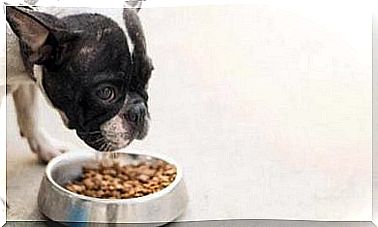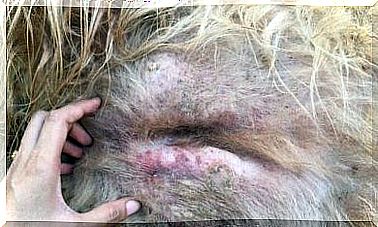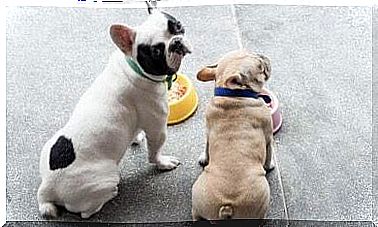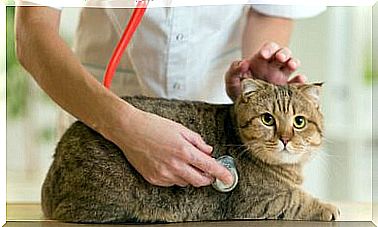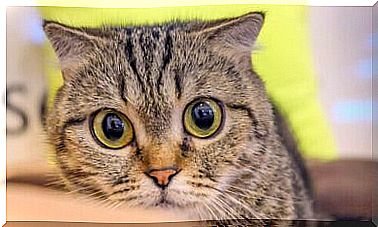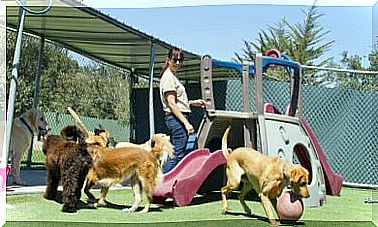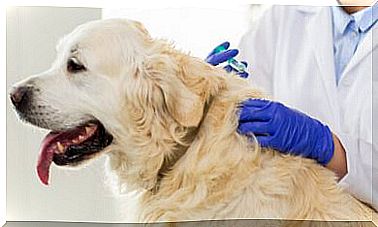Nausea In Cats: Causes And Treatment
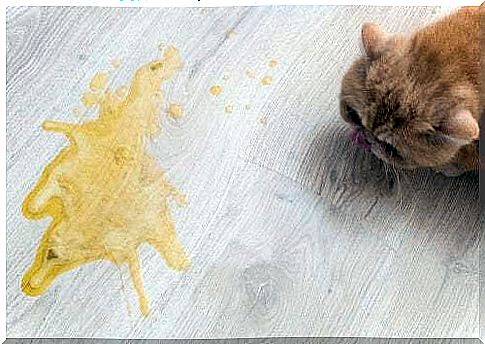
Nausea in cats and subsequent vomiting are controlled by a very complex coordinated reflex, which ends up causing the stomach to empty. This reflex is regulated by a series of neurons located along the brain stem, a structure of the central nervous system that connects the brain to the spinal cord.
These neurons can be activated by a variety of stimuli, both external and internal to the cat’s body. When stimulated, they send a signal to the stomach, which begins to move spasmodically, causing vomiting or nausea. In this article we talk about nausea in cats: causes and treatment.
Difference between vomiting and regurgitation
Felines are adept at regurgitation, so it’s worth differentiating between undigested food from what has been digested. Vomiting is basically partially digested food contained in the stomach. In addition, it is usually expelled for reasons external to the cat’s body.
Conversely, regurgitation is the ability to excrete undigested substances found at the end of the mouth, esophagus or stomach. Cats regurgitate primarily to expel the hairballs that form in their digestive tract due to their constant licking.
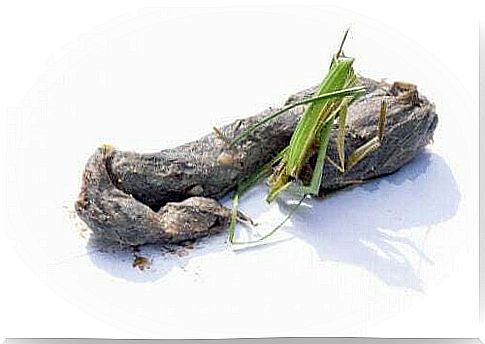
In this case, it is essential that the cat always has catnip available. In fact, this facilitates the expulsion of hairballs.
What Causes Nausea in Cats?
Ultimately, nausea in cats is an upset stomach that encourages vomiting. All those situations that cause actual or potential damage to the stomach and affected glands can cause nausea.
Pregnancy
As in other mammals, pregnancy in cats can cause nausea. These nausea, in turn, are caused by multiple reasons such as hormonal changes themselves, in order to avoid the ingestion of food harmful to the fetuses, fatigue, etc.
Traveling by car
The vertigo that some pets experience when traveling by car is due to the organ responsible for balance and proprioception, the so-called vestibular canal. This starts sending a multitude of signals to the brain, which cannot understand where spacetime is and ends up reacting with dizziness and vomiting.
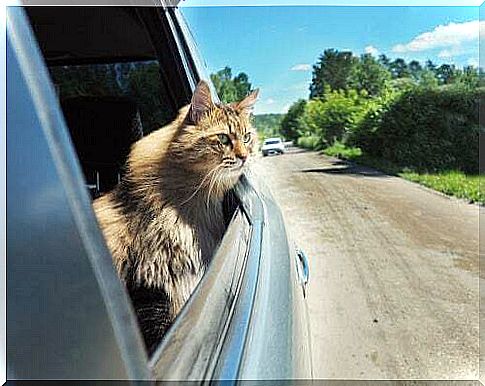
Acute gastritis and nausea in cats
Acute gastritis in cats can cause nausea. During this disease the stomach is irritated and even damaged. Therefore, try to avoid digesting some of the food it receives and try to put it back.
Pancreatitis and other pancreatic-related diseases
The pancreas has an exocrine function during which it expels enzymes that participate in the digestion of food. When this organ is not functioning properly, it will not secrete these substances, digestion will not be completed and the food bolus will attempt to be expelled.
Accidental consumption of toxic substances
The ingestion of toxic substances, such as house plants, poisons or cleaning products, will undoubtedly cause the animal a lot of nausea, which will eventually vomit.
Strong smells
Some smells like citrus, vinegar, dental hygiene products, among others, cause nausea in cats who are more sensitive to odors.
How to cure nausea in cats
To treat nausea in cats, first try to identify what is causing it and then, where possible, eliminate the causative agent.
Generally, antiemetics are used for the symptomatic treatment of nausea: these are drugs that reduce the peristaltic movements of the digestive tract.
In cases where the stomach is damaged and this is the cause of nausea, a change in diet is recommended and even subjecting the cat to a 24 hour fast. The emptying of the stomach and intestines favors the recovery of the intestinal flora, the reduction of substances and therefore the relaxation of the digestive tract.
Before submitting your cat to any type of treatment, it is still good to consult your veterinarian, because he will be the only one able to offer the best diagnosis.
